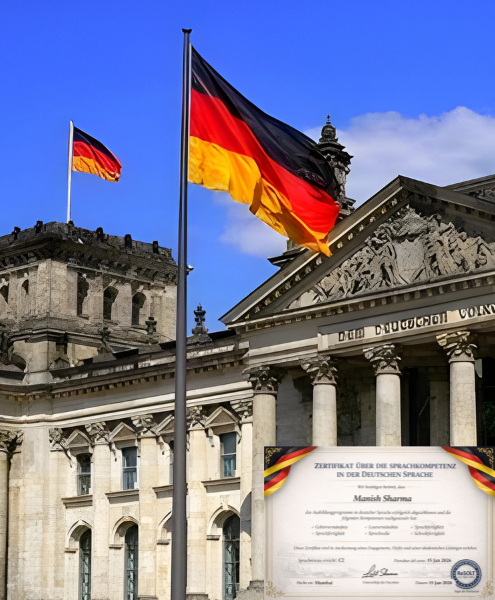Widely Spoken Language
German is one of the most widely spoken languages in Europe and is the official or co-official language in countries such as Germany, Austria, Switzerland, Luxembourg, and Liechtenstein. This makes it a valuable language for travel, communication, and cultural exchange across the continent.
Strong Trade and Investment
Germany is recognized as a global leader in exports and international trade. Thousands of companies, including over 2,000 based in the United States, maintain business ties with German-speaking regions. Learning German can give you a competitive edge in international trade and business relations.
Academic Opportunities
Germany offers excellent higher education opportunities, with many universities providing scholarships and financial support to international students. The country also allows students to benefit from exchange programs, quality research facilities, and sometimes even holiday work permits.
Business Advantages
Fluency in German can greatly benefit professionals working with German-speaking clients or partners. Instead of relying on interpreters, you can directly communicate, avoid misunderstandings, and build stronger, more trusted business relationships.
- Research and Innovation
A large portion of the world’s scientific and academic publications are written in German. Having knowledge of the language gives you direct access to cutting-edge research, ensuring that nothing is lost in translation and helping you stay ahead in your field.
- Career Prospects
Proficiency in German opens up diverse job opportunities, especially in industries like tourism, hospitality, technology, and international business. As one of the most technologically advanced countries, Germany also offers employment in sectors such as engineering, IT, and healthcare.







